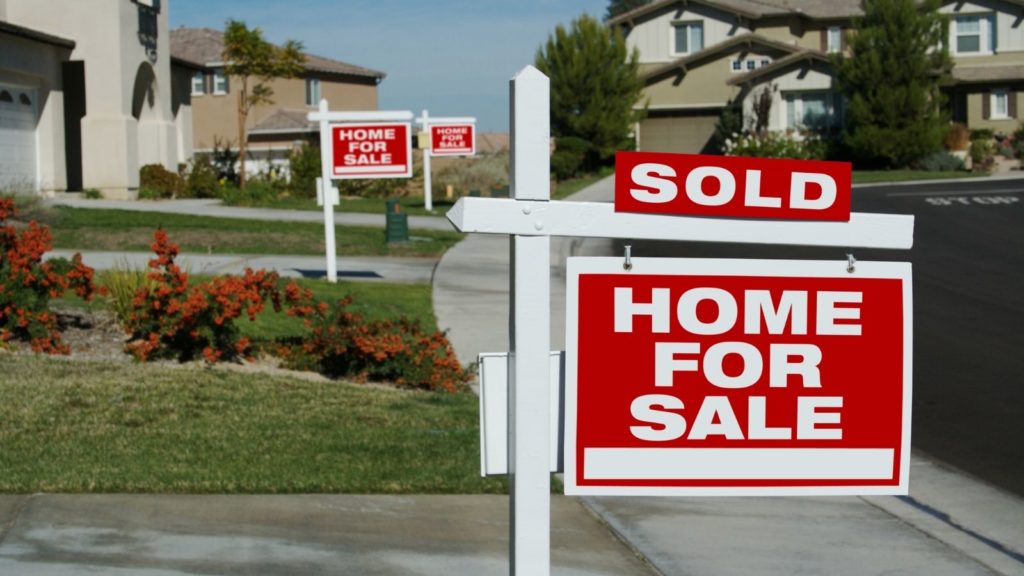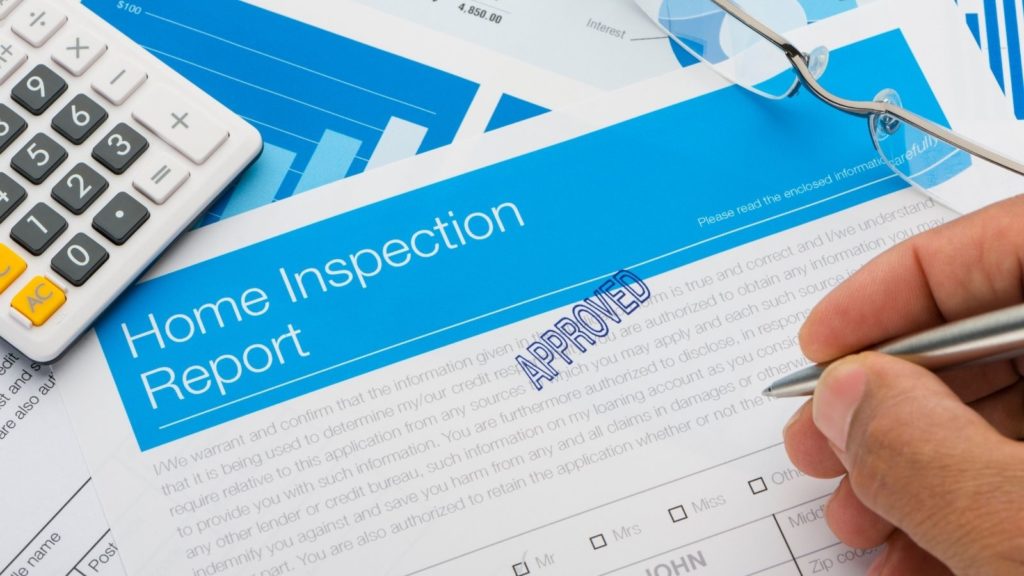There aren’t many tasks more daunting than selling your home. There are many moving parts to a real estate transaction. You’ll need to tend to them all while still preparing for your own pending relocation. Here are some things to consider when selling a home.
Sentimental Value
When people prepare to sell their home, they often consider sentimental value when pricing their house for sale. They think of the memories made there – the holidays spent, children that grew, and the milestones overcome under their roof. To the seller, those things add great value to the home. To a buyer, it makes no difference.

There is no such thing as sentimental value when you’re pricing real estate. It doesn’t matter what you experienced while you lived there. Be emotionally prepared to part with your house at a fair price before you list it for sale.
Return on Investment
Another misconception many people have is that they can price the home much like you would any other investment – you calculate what you paid, tack on a profit, and set your price. But real estate doesn’t work that way.
The real estate market rises and falls like the ebb and flow of the moon. A home might be worth one price in January, but by March, it may have gained or lost thousands of dollars in value.
What you originally paid for your home has no relevance in what it’s worth today. However, you may be able to cash in on upgrades you’ve done while living in the home, such as adding on a patio, building a pool, upgrading the appliances, replacing flooring, updating lighting, and other upgrades.
To understand the way the real estate market shifts, you’ve got to grasp the difference between a buyer’s market and a seller’s market.
Buyer’s Market vs. Seller’s Market
A buyer’s market in real estate is when there are far more houses for sale than there are people to buy them. Buyers are few, and sellers are plenty. This puts sellers in a bit of a desperate situation where they lower their price to make their house more attractive because, in a buyer’s market, house-hunters can afford to be pickier.

On the other hand, a seller’s market works in your favor. In this situation, there aren’t enough houses to go around. Too many people want to buy a house, but the inventory is too low. This creates a sense of urgency, a feeling of competitiveness, causes buyers to be more flexible, and could drive up home values as people compete for your property.
Closing Costs
Buyers and sellers each have a set of closing costs they’re responsible for paying. Buyers may negotiate with you to pay a portion or all of their closing costs. Whether or not you agree to share that burden, you’re still responsible for seller closing costs, which can total up to ten percent of the sales price of the home.
A large part of seller closing costs is the real estate agent fees, which can be averaged at around six percent of the sales price. Your agent then shares a portion of those earnings with the buyer’s agent. You’ll also pay escrow fees, taxes, and other expenses.
It’s important to factor in these closing costs when you determine the sales price of your house. You won’t collect the entire amount since you’ll be paying thousands of dollars in closing costs.
Seller’s Disclosure and Inspection
Before you can sell your house, you must sign a lengthy document declaring the condition of major components in your home, such as electrical, plumbing, HVAC, appliances, and more. If the buyer takes ownership and discovers major defects, they can contest the contract and hold you responsible.

Not only do you have to disclose these things in writing, but they will be verified by a home inspector during the sale of your home. The buyer’s lender sends the inspector to make sure that the house is in good standing. If any problems arise during the inspection, the buyer can ask you to make repairs before closing, ask for a discounted price so that they can make their own repairs, or, if things are too bad, the buyer can back out.
It’s best to make sure that everything in the house is functioning properly and is in excellent condition. If you discover any problems, fix them before listing.
The Appraisal
The lender also requires a professional appraisal of the home to make sure it holds at least the value of the amount of money you’re financing.
Appraisers tend to gauge a home’s value in $500 increments. This practice means that a few small updates on your part could lead to thousands of dollars of perceived value.
Here are a few things you can do to add value to your home:
- Recaulk windows and fixtures
- Replace window and door screens
- Update light fixtures
- Swap out light switch covers and electrical socket covers
- Change the doorknobs and locks, so they’re shiny and new
- Upgrade faucets
- Oil the doors so none creek when they open
- Paint
- Update landscaping
- Change the air filters
Make sure the house is clean, and the yard is in good condition when the appraiser comes. Although they do base their findings, in part, on a comparative market report, they also use personal judgment in determining how well a property has cared for over time. When an appraiser pulls up to a house that’s in disarray, it immediately drops the value in the appraiser’s eyes.
| Dekalb County | Fulton County | Gwinnett County |
You Need an Agent
The most important factor in having a successful and profitable sale is your real estate agent. Your agent will help you with all the phases of the transaction, from pricing and staging your house to reviewing and negotiating contracts and through the closing processes of the appraisal and inspection.

Your real estate agent will also have a great deal more to offer in the way of tips and tricks to consider when listing your house for sale.
Have Questions? Ask Bridget!
Give Bridget Johnson a call today to learn more about local areas, discuss selling a house, or tour available homes for sale.



